




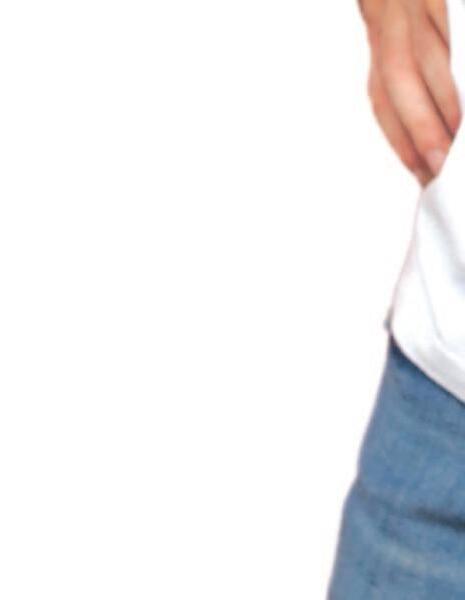
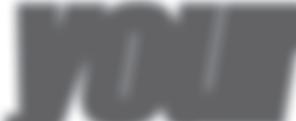
























with a focus on: March







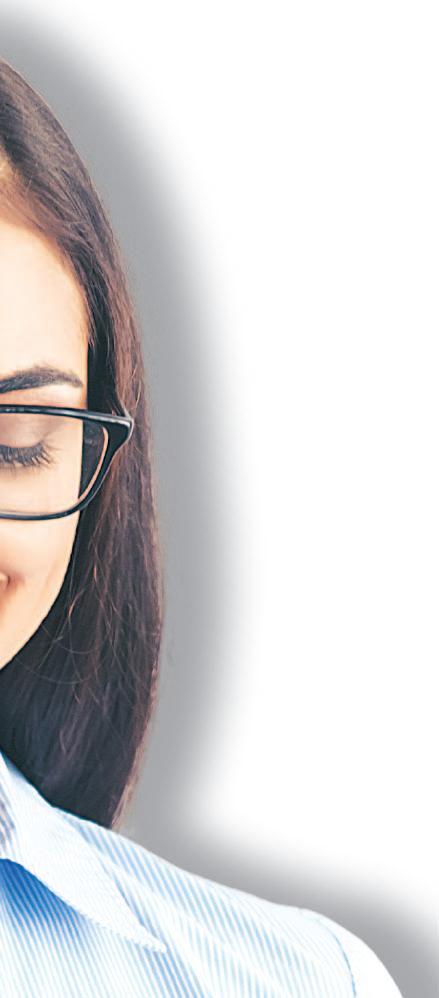


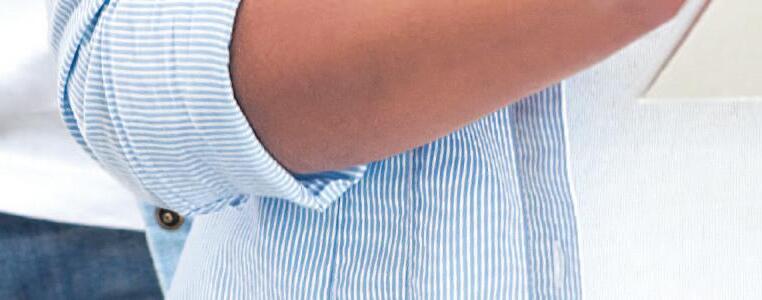


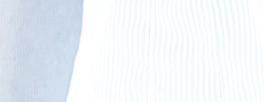
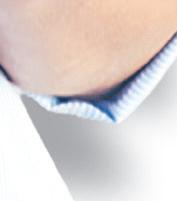
body / mind / fitness
yourHEALTH
and hearing and vision
21, 2024

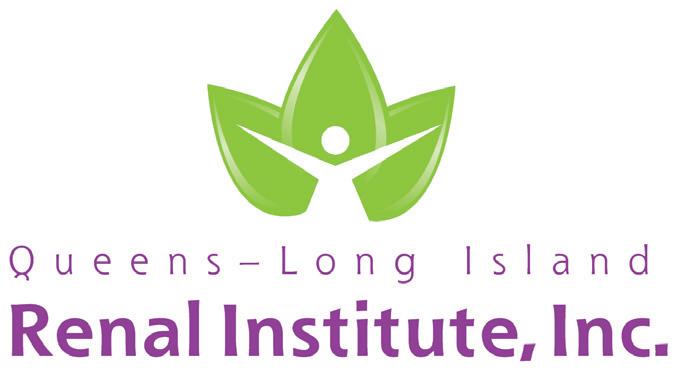






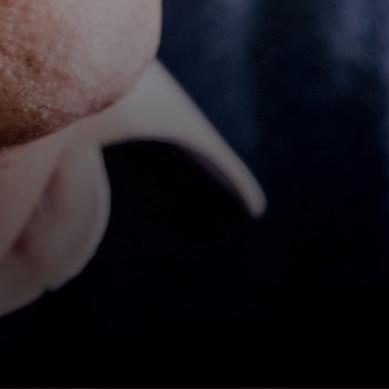
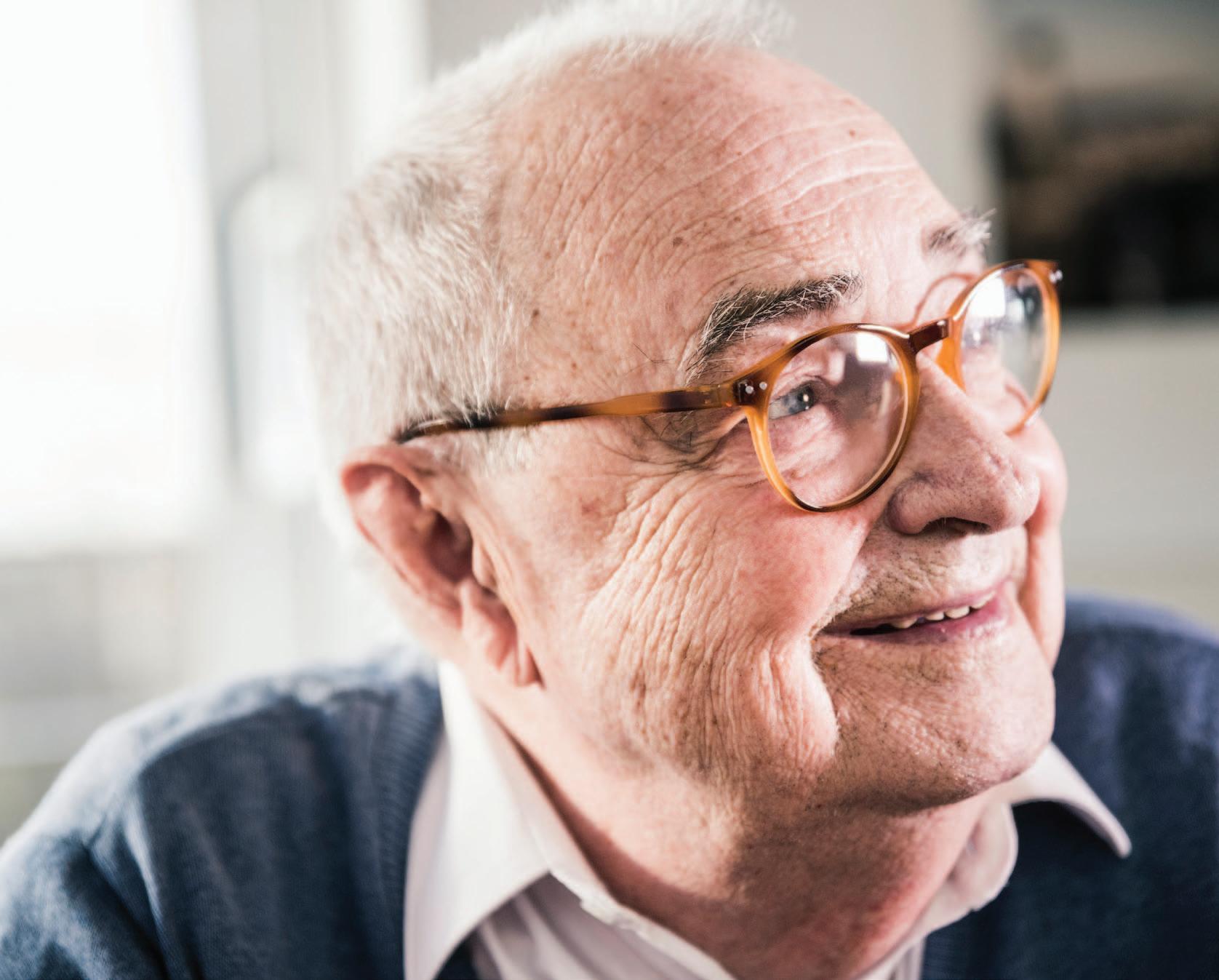


March 21, 2024 — YOUR HEALTHHERALD COMMUNITY NEWSPAPERS S-2 TO GIVE THEM THE BEST THEY GAVE YOU THE BEST NOW IT’S YOUR CHANCE PARKER CARE. THE BEST. FOR THE BEST. Post-Acute Care | Sub-Acute Care | Short-Term Rehabilitation | Long Term Care | Hospice Palliative Care | Inpatient/Outpatient Dialysis | Home Health Care | Medical House Calls Senior Care Management 2 7 1 -1 1 7 6 th Avenu e Ne w Hyde Park, N Y 11040 | 877-727-5373 | parkerinstitute.org 1243499 271-11 76th Avenue | New Hyde Park, NY QLIRI.ORG | 718-289-2600 Dialysis Patients DESIGNED FOR THE COMFORT AND CONVENIENCE OF The Queens-Long Island Renal Institute, Inc., offers the finest quality of care, state-of-the-art technology and uncompromised dignity, in a bright, ultra-modern setting. PRESENTED BY BLANK SLATE MEDIA WINNER Best Nassau County OF 2023 Parker Jewish Institute FOR HEALTH CARE AND REHABILITATION LOCATED ON THE LOBBY LEVEL OF QLIRI provides: • In-Center Chronic Hemodialysis • Home Dialysis • Experienced Nephrologists and Dialysis Registered Nurses • Comfortable, State-of-the-Art, Private Treatment Stations • Personal TV/DVD and Free Wireless Access • Homelike Reception Area • Social Work Services • Nutrition Counseling • Individual and Family Health Education • Stretcher Capability • Valet Parking and Medical Transportation Available • Quality Start 1246713
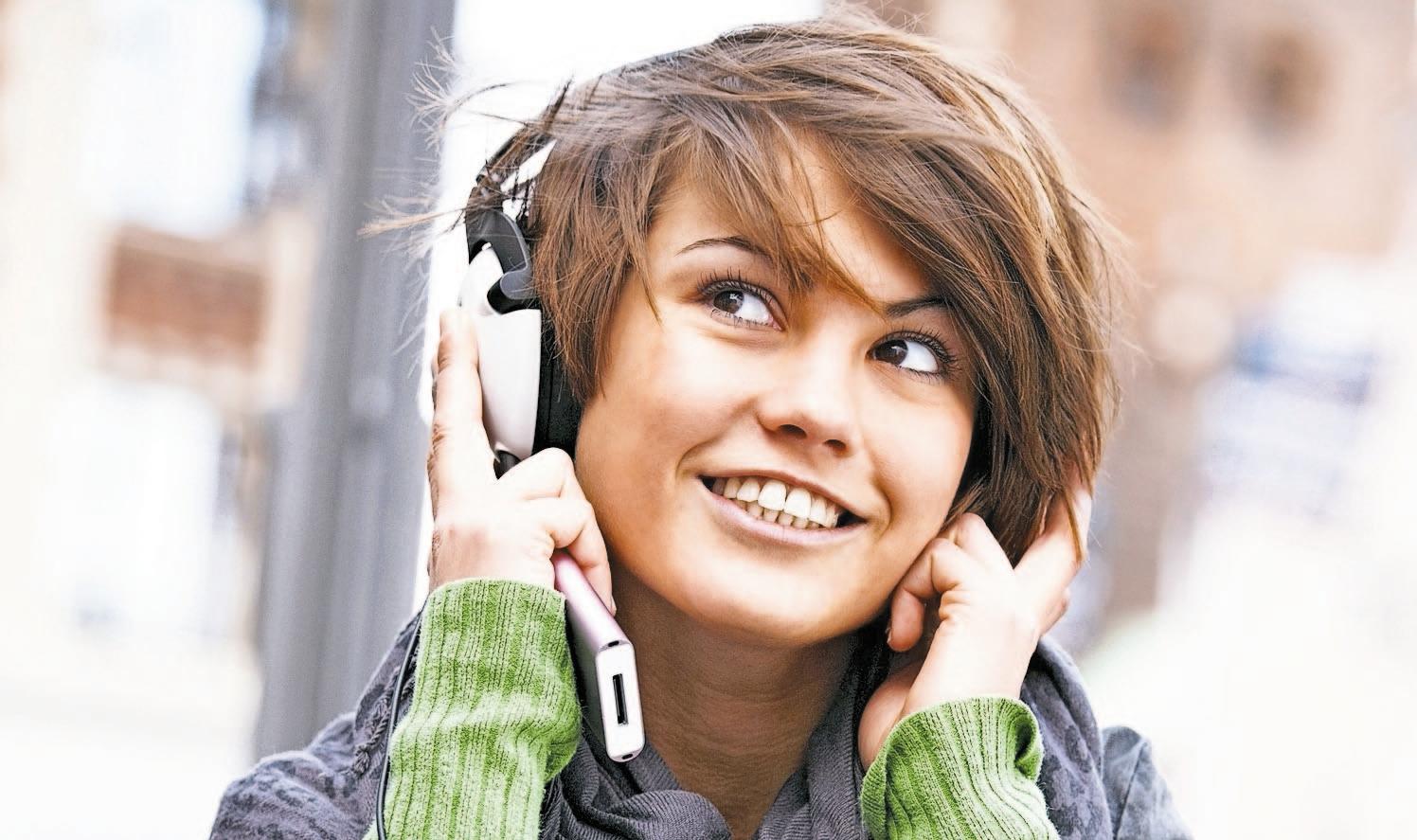
Listen up!
Be kind to your ears
Your ears are probably something you don’t give much thought to on a day-by-day basis. That is, until you get an ear infection. Or they start ringing. Or they start itching.
And suddenly, your ears and your hearing jump to the top of your concerns.
“It’s natural to take our hearing and our ear health for granted,” says audiologist Julie Honaker, PhD. “But proactive ear care and hearing loss prevention can make a big difference in your well-being.”
That means cleaning your ears the right way. Using hearing protection properly. Preventing injury to your ears. And getting medical attention when you need it.
Dr. Honaker shares her top tips to properly care for your ears and save your hearing.
Clean Your Ears The Right Way
Proper ear hygiene is important. But it may not look like what you expect.
For starters: Step. Away. From. The. Cotton. Swab.
Earwax isn’t dirty or unhealthy. In fact, it’s the opposite. Earwax helps ward off fungal infections and bacteria. And it helps keep out tiny particles that can cause damage to your eardrum. That includes things like dust and hair.
“It’s a common misperception to think you should be removing earwax regularly,” Dr. Honaker shares. “But the truth is that earwax is your body’s built-in system for cleaning your ears and a natural moisturizer.”
Dr. Honaker advises cleaning your ears only with a washcloth on your finger. No Q-tips, bobby pins or sharp pointed objects. Those things can injure your ear canal and eardrum.
If you have a build-up of earwax that’s blocking your hearing or creating a muffled sound, see a healthcare provider to have it removed. Don’t try to remove it on your own.
Protect Your Ears From Loud Sounds
You know that ear ringing you get after walking out of a concert? It goes away eventually, but the reality is that ringing is a sign of hearing damage. And loud noises take a big toll on your hearing.
“Exposure to loud noises damages your inner ear and can lead to irreversible hearing loss,” Dr. Honaker says. “Even if you think your hearing has returned to normal after a loud event, the noises can still have done damage to the hair cells in your inner ear. And when enough of those hair cells are damaged, you can experi-
ence permanent hearing loss.”
So, protecting your hearing from loud sounds is important to maintaining your hearing for the rest of your life. In other words? Turn the volume down. Seriously, risking your hearing isn’t worth it.
Dr. Honaker shares these tips to protect your hearing.
√ Avoid loud volumes on your TV or home theater system. If you think it’s too loud, it probably is.
√ When using headphones or earbuds, keep the volume at a comfortable level. If someone else can hear what you’re listening to, the volume is too high. And take off the headphones from time to time to give your ears a rest.
√ Keep your car radio at sensible volumes. Not only can it help you avoid hearing damage, but it’ll also help keep you safe by allowing you to hear sirens and emergency vehicles. (And really, the cars around you don’t need to hear your jams.)
√ By law, you’re required to use hearing protection if you work in a noisy environment. If hearing protection is available at work, use it.
√ Protect your hearing from loud noises associated with housework and gardening. Wear hearing protection when you’re mowing the lawn, using a leaf blower or using power tools. You can find hearing protection devices at most drug stores, hardware stores, outdoors retailers and garden centers.
Keep Your Ears Safe From Injury
Some activities can put your ears at risk for injury. Minimize your potential by:
√ Wearing a helmet when you bike, ski or participate in any other activity that puts you at risk for head and ear injuries.
√ Learning proper underwater techniques to avoid potentially damaging changes in pressure inside your ears when scuba diving.
√ Swallowing and yawning frequently when flying in an airplane, particularly when the plane is landing. That helps equalize pressure in your ears. <checkmark>Consider getting earplugs with special filters designed for air travel.
√ Always using sunscreen on your ears when outdoors, especially in sunny weather.
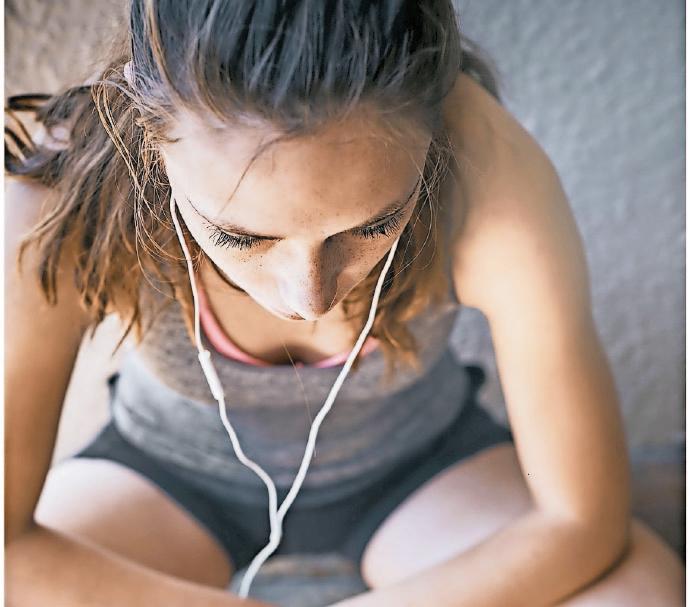
Hearing loss in your 20s — or even earlier?
It’s more common than you might think
Young adults often have the mistaken notion that they will never experience hearing loss. A common misconception is that the problem is exclusive to older and elderly adults. Unfortunately, hearing loss in young adults is much more prevalent than many assume.
According to the National Institute on Deafness and Other Communication Disorders (NIDCD), 14 percent of Americans ages of 20 to 69 have some degree of hearing loss. Approximately three of every 1,000 newborns have mild to profound hearing loss, but it’s more common for early onset hearing loss to develop over the years due to other causes. This is often baffling and causes people to wonder “Why am I losing my hearing so young?” In the case of early onset deafness or hearing loss, the environment often plays a large role.
Noise Induced Hearing Loss
Noise exposure is one of the most widespread causes of hearing loss for young adults, as well as older adults. This can lead to noise-induced hearing loss (NIHL). Across the U.S. millions of Gen Xers, millennials, and Gen Y have been exposed to hazardous levels of noise, including hobbies like woodworking, music, city noises, and workplace environments.
A person with this condition has challenges hearing highpitched sounds correctly. People with noise induced hearing loss can typically hear voices normally but struggle to articulate what the other person just said. The problem is most prevalent in loud spaces with a lot of competing background noise.
Because noise induced hearing loss is often gradual, young adults with this issue may not realize it for several years. Ringing in the ears, medically known as tinnitus. Tinnitus is a common symptom associated with hearing loss caused by repeated exposure to loud noise.
This problem is so significant that 17 percent of young people between 12 and 19 have some degree of noise induced hearing loss. They often don’t realize the issue is permanent and fail to seek help as soon as they should. An injury to the ears or head or certain diseases can also cause temporary or permanent hearing damage in young people.
Living With A Hearing Impairment
The different causes of hearing loss for young adults differ greatly from the older generation but wearing hearing aids when you are in your 20s, 30s, or 40s can look and feel different than wearing them when you are older.
Even though hearing aids help people of all ages, younger users appear to gain the most out of them when it comes to depression. Socializing leads to a healthy overall quality of life.
S-3 March 21, 2024 — YOUR HEALTHHERALD COMMUNITY NEWSPAPERS Your HealtH and Wellness — with a focus on Hearing and vision
Photo: We tend to overlook our ears and take for granted the ability to hear. It is essential, though, to not to wait until an issue arises before giving your ears the attention they deserve.
Photo: Hearing loss crosses all age groups. And many young people are now at an increased risk due to what’s being identified as “unsafe listening.”
Mount Sinai South Nassau
physicians Rohit Ranganath, MD, Roger Horioglu, MD, and Prajoy Kadkade, MD, are providing a new breakthrough treatment system for people with obstructive sleep apnea.
The mask-free, simple-to-use treatment system is approved by the FDA and covered by most U.S. insurance providers-including Medicare, Veterans Affairs (VA) and major commercial carriers. It consists of a small, thin implantable device; a remote for patients to control the system; and a cellphone/tablet app that monitors sleep.
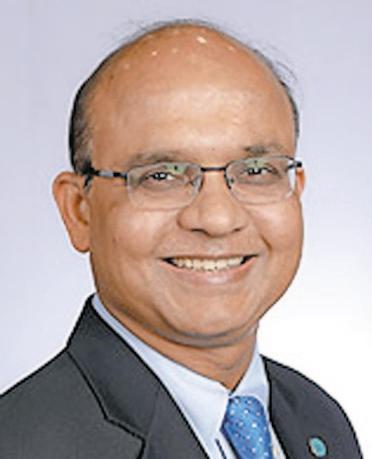
Rajesh Kakani, MD, Chief of Otolaryngology, Mount Sinai South Nassau, urges patients to treat their sleep apnea to help improve their overall health.
The National Institutes of Health estimates that approximately 39 million Americans have obstructive sleep apnea, a serious sleep disorder that causes the upper airway to collapse during sleep. When we sleep, our airway muscles and tongue relax. For people with sleep apnea, the tongue relaxes into a position that blocks the airway. This occurs repeatedly and triggers them to wake up to take a breath, preventing quality sleep.
“If left untreated, sleep apnea can lead to a broad range of serious health complications,” explained Rajesh Kakani, MD,
HEALTH MEMO
HEALTH MEMOS
Finally, a restful night of sleep, thanks to a breakthrough treatment for obstructive sleep apnea
Chief of Otolaryngology (Ear, Nose, and Throat)
at Mount Sinai South Nassau. “Too many people think that symptoms like snoring are a normal occurrence and are perfectly acceptable, but that could not be further from the truth.”
Risk factors of sleep apnea include being male, overweight, and over 40, but it can develop at any age, even in children. Symptoms of sleep apnea include frequent awakening and tossing or turning during the night, brief pauses in breathing (called apneas) followed by “gasping” sounds, excessive daytime sleepiness, and even morning headaches. Only a small fraction of people with sleep apnea seek treatment, which can lead to a host of serious health conditions, from cardiovascular disease and high blood pressure to obesity, diabetes, stroke, and memory loss.
“We find that patients who seek a diagnosis and receive this treatment discover what a joy sleeping can be,” said Dr. Kakani. “Aside from the improvement in health, patients feel better and are more alert when they have received proper sleep.”
A minimally invasive surgical procedure lasting approximately
90 minutes, and two small incisions, are all that’s needed to implant the system. One incision is to place the monitor under the skin near the collarbone and the other incision is beneath the jawline to connect the monitor to the nerve in the neck that controls the tongue.
About a month after the procedure, patients have a follow-up appointment with their physicians to activate and synchronize the system and to learn how to use the remote to turn on the implanted monitor before they go to sleep and turn it off after they wake up. Once activated, the system syncs with patients’ breathing during sleep, and uses gentle pulses to move their tongue out of the airway so they can breathe regularly and sleep soundly.
After a few months of use, patients have a follow-up sleep study to ensure their sleep goals are being achieved. Once all is confirmed, patients will have check-ins at their physicians’ discretion every 6-12 months.
For more information or to schedule an appointment, visit mountsinai.org/southnassau or call 1-877-SOUTH-NASSAU.
One Healthy Way Oceanside, NY 11572 • 877-SOUTH-NASSAU (877-768-8462) • www.mountsinai.org/southnassau
Queens-Long Island Renal Institute offers Home Hemodialysis and Certified Home Health Care available through Parker Jewish Institute
Queens-Long Island Renal Institute (QLIRI), located at The Parker Jewish Institute, now offers a state-of-the-art Home Hemodialysis Program. Those patients who also require Certified Home Health Care can access it conveniently through QLIRI’s affiliate, Parker Jewish Institute.
QLIRI’s Home Hemodialysis Program allows patients to transition from an in-center setting to receiving hemodialysis from the comfort of their home, using the Tablo Hemodialysis System. Enrolled patients are first trained by a registered nurse. The nurse provides step-by-step guidance four days a week over the course of four weeks, or longer if necessary. Through training, patients learn to use the system before transitioning to home hemodialysis.
If needed, patients of Parker’s Certified Home Health Care Agency receive individualized nursing, medical, and
rehabilitation services, so they can maintain maximum independence in the comfort of their homes. Home-care services can include skilled-nursing care; physical, occupational and speech therapy; home-health aides; medical social services; medical supplies; and 24-hour telephone availability.
Call with questions: (718) 289-2600.
To learn more about QLIRI’s Home Hemodialysis Program, visit qliri.org. For more on Parker’s Certified Home Health Care, visit parkerinstitute.org.


March 21, 2024 — YOUR HEALTHHERALD COMMUNITY NEWSPAPERS S-4
Health memos are supplied by advertisers and are not written by the Herald editorial staff.
Health memos are supplied by advertisers and are not written by the Herald editorial staff. Queens Long Island Renal Institute • 271-11 76th Ave., New Hyde Park • (718) 289-2600 HEALTH MEMO Queens-Long Island Renal Institute is located at the Parker Jewish Institute.
Eat right, help your sight
Good nutrition will keep those peepers in top-notch shape
Everybody knows that eating right is the way to keep your heart healthy. The good news is that the same diet that helps your heart is probably also good for your eyes. A diet low in fat and rich in fruits, vegetables and whole grains can pay benefits not only to your heart but to your eyes. The connection isn’t surprising: your eyes rely on tiny arteries for oxygen and nutrients, just as the heart relies on much larger arteries. Keeping those arteries healthy will help your eyes.
Some foods stand out as particularly helpful for eye health. Here are four you should make sure are part of your diet.
Kale. Leafy green vegetables, like kale, are high in lutein and zeaxanthin, two nutrients found in the healthy eye that are believed to lower your risk for age-related macular degeneration (AMD) and cataracts. One large study showed that women who had diets high in lutein were 23 percent less likely to develop cataracts than women whose diets were low in this nutrient.
Not a big fan of kale? Not to worry. Other dark leafy green vegetables, like spinach, romaine lettuce, collards and turnip greens, also contain significant amounts of lutein and zeaxanthin. Eggs are also a good source of these nutrients, as are broccoli, peas and corn.
Salmon. Some studies suggest that diets rich in omega-3 fatty acid from cold-water fish like salmon, tuna, sardines and halibut reduce the risk
of developing eye disease later in life. A 2010 study from Johns Hopkins found that people who had a diet high in omega-3 fatty acid were much less likely to develop AMD.
Oranges. Oranges and all of their citrus cousins grapefruit, tangerines, and lemons are high in vitamin C, an antioxidant that is critical to eye health. Scientists have found that your eyes need relatively high levels of vitamin C to function properly, and antioxidants can prevent or at least delay cataracts and AMD. Lots of other foods offer benefits similar to oranges, including peaches, red peppers, tomatoes and strawberries.
Black-eyed peas. Legumes of all kinds, including black-eyed peas, kidney beans, lima beans, and peanuts contain zinc, an essential trace mineral that is found in high concentration in the eyes. Zinc may help protect your eyes from the damaging effects of light. Other foods high in zinc include oysters, lean red meat, poultry and fortified cereals.
There are lots of other great food choices to keep your eyes healthy. Among them, the one most people think of first: carrots. Carrots are high in beta-carotene, a nutrient that helps with night vision, as are other orange-colored fruits and vegetables like sweet potatoes, apricots and cantaloupe. Making them a part of a colorful diet can help you keep your eyes healthy.

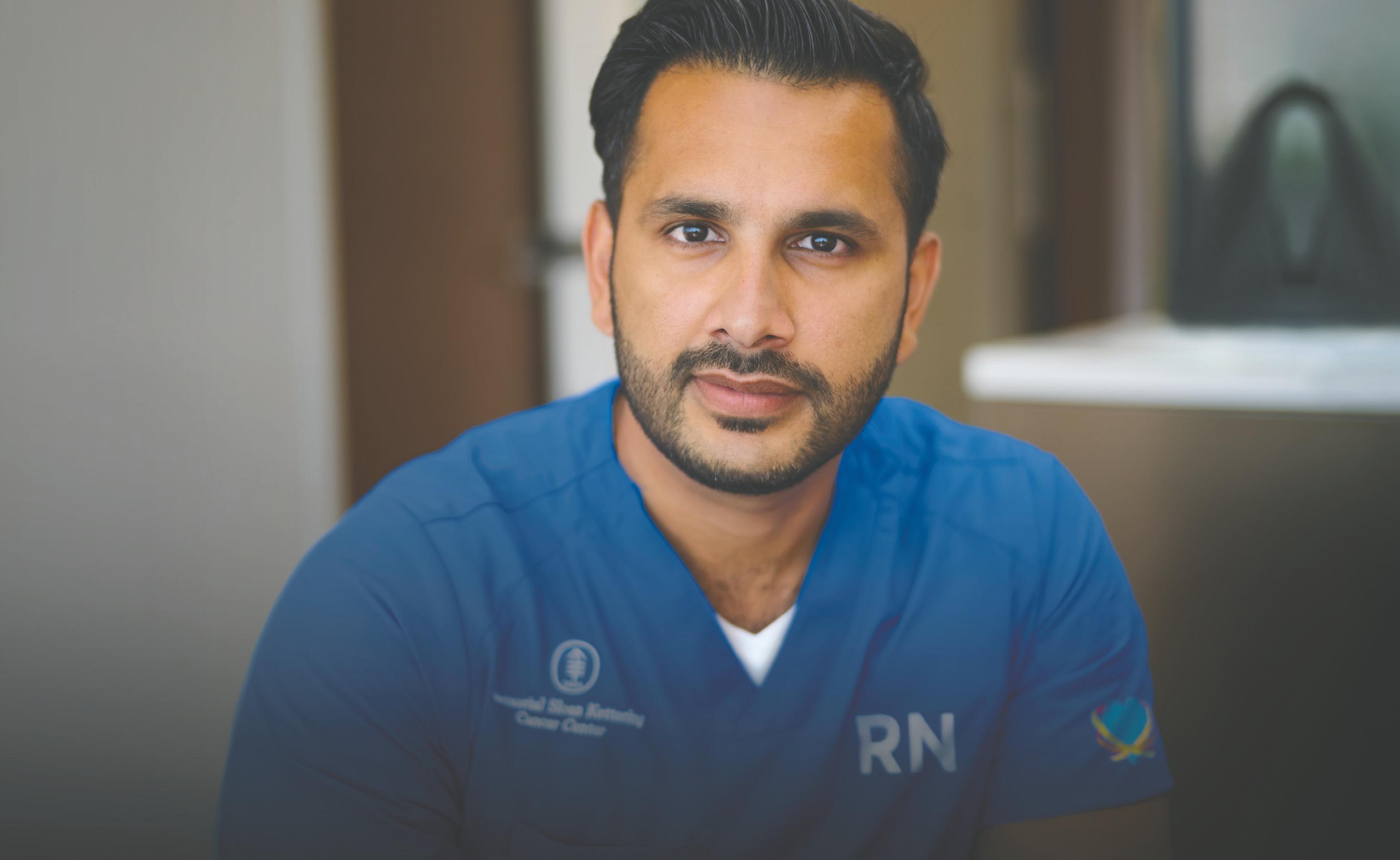
March 21, 2024 — YOUR HEALTHHERALD COMMUNITY NEWSPAPERS ©2024 Memorial Sloan Kettering Cancer Center. All rights reserved.
get
at the best cancer center in
Northeast, right on Long Island? Tawheed Issa Clinical Nurse MSK in Nassau Our compassionate specialists are here for you in Uniondale, Hauppauge, and Commack. Go to MSK.org/LongIslandCare or call 844-482-1838 to reach a cancer expert today. Where you’re treated first matters.
What does it take to
care
the
S:9.75"
S:5.8"
T:10.25"
1250312 S-5
T:6.3"
Your HealtH and Wellness — with a focus on Hearing and vision
Photo: Adding powerful vitamins, antioxidants and minerals to your diet can improve your vision and overall eye health. Researchers have even linked eye-friendly nutrients, such as lutein and zeaxanthin, vitamin C, vitamin E and zinc, to reducing the risk of certain serious eye diseases like age-related macular degeneration and cataracts.
To help patients transition from a skilled nursing facility to home, New Hyde Park-based Parker Jewish Institute has enhanced its award-winning Patient Education Resources Project. This comprehensive video series reinforces Parker’s guidance to patients and their caregivers, so they feel prepared and confident to manage care at home.
Featured on Parker’s YouTube Channel and website, the series is available 24/7, so viewers can access the information whenever they need it. Updated titles in the series include “Medical Equipment,” “Smooth Transitions” and “Advanced Directive Planning.” Additional videos include “Preventing Falls,” “Diabetes Care” and more. The series earned a McKnight’s Excellence in Technology Award.
This project is part of Parker’s robust support for patients and their families when a person is discharged from the Institute. Parker also offers Parker At Your Door (PAYD), a medical house-call service for patients, including in Nassau and Suffolk Counties, who can no longer make visits to a physician’s office. PAYD’s services include annual wellness
VHEALTH MEMOS
HEALTH MEMO
The Parker Jewish Institute helps patients transition from skilled nursing facility to home

visits, medical house calls, chronic-condition management, post-hospitalization transitions, and advance-care planning assistance. Other programs include Parker’s Certified Home Health Care and Comprehensive Community Hospice.
“We are proud to offer these programs and services, which improve quality of life for
patients and their caregivers,” said Michael N. Rosenblut, Parker’s President and CEO.
About The Parker Jewish Institute for Health Care and Rehabilitation
The Parker Jewish Institute for Health Care and Rehabilitation is headquartered in New Hyde Park, New York. The facility is a leading
Parker Jewish Institute • (718) 289-2212 • lscacco@parkerinstitute.org
Early signs of vision loss and dementia: What to look for HEALTH MEMO
ision and hearing impairment in seniors is associated with progressive neural degeneration (e.g.there is a reduction in nerves that connect the ears and eyes to the brain). This impact on the neural networks within the brain may lead to significant cerebral atrophy (e.g. brain shrinkage) that contributes to cognitive decline and Dementia.
It ‘s often hard to separate signs of vision loss from those of dementia, as the two can mask each other. Having difficulty with any of the following may suggest a person is having vision problems:
• Reading
• Recognizing people
• Coping with low light, bright light or both
• Finding things
• Avoiding obstacles
Note: many of these issues are common in both vision loss and in individuals living with Dementia. Despite the many cognitive difficulties associated with Dementia, vision testing can be adapted for individuals with such cognitive decline.
People living with both Dementia and vision loss are more susceptible to experiencing disorientation, greater problems with mobility and an increased risk of falls. They are also likely to have more difficulties with communication, understanding and learning new tasks, loss of activities and increased social isolation.
Given the difficulty of managing the two disorders, there are a number of strategies that can help the person, and his or her family, manage both vision loss and dementia.
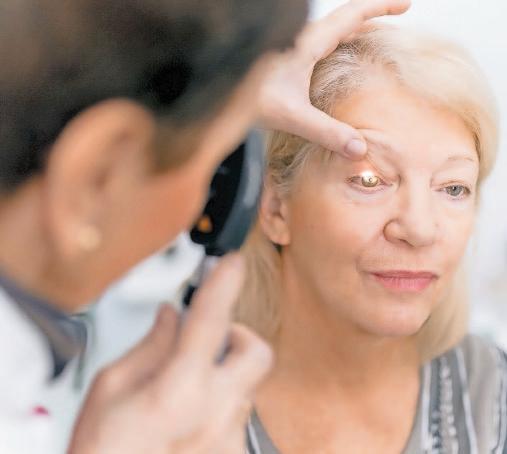
• Proper eye care (regular eye exams, maintaining up-to-date vision prescriptions)
• Adjusting living surroundings, including improved lighting, removing clutter, removing area rugs
• Improving communication: such as getting the person’s attention before speaking,introducing yourself, letting them know what is happening (e.g. ‘I’m leaving the room now’).
• Enroll in vision rehabilitation courses.
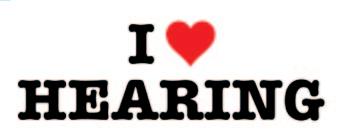
(516) 788-7830 ilovehearing.com
provider of Short Term Rehabilitation and Long Term Care. At the forefront of innovation in patient-centered health care and technology, the Institute is a leader in teaching and geriatric research. Parker Jewish Institute features its own medical team, and is nationally renowned as a skilled nursing facility, as well as a provider of communitybased health care, encompassing Home Health Care, Medical House Calls, Palliative Care and Hospice. Parker Jewish Institute is also home to Queens-Long Island Renal Institute (QLIRI), led by an interdisciplinary team of experienced Nephrologists and Dialysis Registered Nurses, a Renal Social Worker, and a Registered Renal Dietitian.
For more information visit parkerinstitute. org or call (877) 727-5373.


HEALTH
MEMO
Compassionate care that enriches lives
The only skilled nursing facility in Oceanside, Oceanside Care Center is a 100-bed rehabilitation and nursing center that has been a part of the community’s fabric for more than 50 years. Their unique approach allows them to provide patient-centered care in a way that no other facility can. OCC specializes in an array of different services, from short-term rehab to long-term care.
Oceanside Care Center provides unrivaled residentcentered care. Under the guidance of the highly skilled, professional staff, the team customizes a care plan matched to specific needs and abilities. The nursing team consists of registered nurses, licensed practical nurses and certified nursing assistants who are driven to build warm and compassionate bonds with residents.
The unique and intimately sized facility attracts many residents who enjoy a meaningful relationship forged between devoted staff members, residents and their families. Many staff members have worked at Oceanside Care Center for over
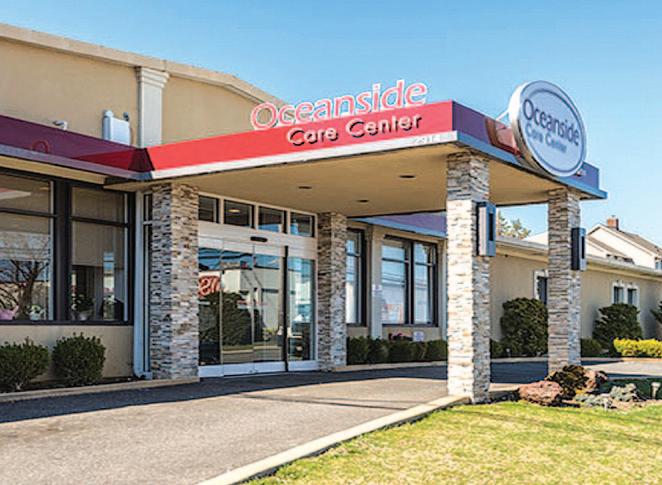
25 years and take great pride in the compassionate care they provide every single day. With private and semi-private rooms, OCC offers many comforts that create a homelike atmosphere, including complimentary flat screen TVs in every room and three home cooked meals a day. Residents enjoy numerous activities and
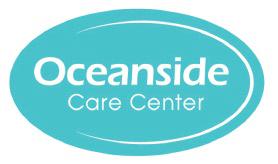
2914
events that take place daily, and the kind and caring staff make it feel as if they never left home. The comfortable setting allows residents to focus on regaining their strength and independence while empowering them to enjoy fruitful lives with their families and friends.
Come in for a tour today!
March 21, 2024 — YOUR HEALTHHERALD COMMUNITY NEWSPAPERS S-6
Health memos are supplied by advertisers and are not written by the Herald editorial staff.
ParkerJewishInstituteoffersrobustprogramsandservicesforpatientswhoaredischargedfromtheskillednursingfacility.
Health memos are supplied by advertisers and are not written by the Herald editorial staff.
Lincoln Ave., Oceanside (516) 536-2300 www.oceansidecc.com
Health memos are supplied by advertisers and are not written by the Herald editorial staff.
Hypnosis reinvented HEALTH
After 30 years in practice as a Clinical Hypnotherapist, Terry Biener still believes that the key to using hypnosis as a helpful tool — often referred to as Hypnotherapy — is knowing what to say, how to say it, and which techniques to use. Each person processes information differently. So, origins of habits, fears, and other challenges vary greatly. Sessions are private, tailored to the person’s lifestyle, personality, triggers, and sometimes, the past.
In March 2020, everything changed. As her clientele canceled appointments, Biener abruptly shut down her practice. Uncertainty prevailed. Months passed, and it was apparent that safe distancing and masks would continue indefinitely. Since her work entailed up-close communication, and talking through a mask was a muffled no-go, reinvention was necessary. She used her time to research, take online courses and even attend virtual hypnotherapy conferences, worldwide. Embracing online technology was clearly a solution. After all, many health providers and therapists were going virtual.
While most clients lived locally, distance is no longer an issue. By summer of 2020, Biener was offering Zoom hypnotherapy sessions, allowing extra time to help people find the most effective environment, both physically and technologically.
“I was skeptical at first,” she admits, having worked in person for so long. “But once I retrained, I realized that online sessions were not only successful, but many people prefer it. Scheduling was always a challenge. Now a person can set aside an hour of their time rather than three, and they can contact me from anywhere. I recently helped a former client with test anxiety, while he
attended college, out of state.”
Having had phobias and panic attacks herself, which were ultimately eliminated with hypnosis, Biener chose fears and trauma as her niche. By combining Neuro-Linguistic Programming (NLP) techniques with hypnosis, she reduces unwanted, and sometimes devastating anxiety. Since the pandemic, new concerns have surfaced — healthrelated fears, life’s uncertainties, grief, procrastination, weight gain, sleep issues, etc.
“Ignore what you’ve seen in movies; that’s entertainment. A hypnotic trance is a natural state we visit frequently — daydreaming, reading, playing a video game. A hypnotist induces this type of trance to “reframe” the subconscious mind, which rules how we respond. A good subject is strong-willed, intelligent and creative. The person being hypnotized never loses control.”
A thorough intake session is done first. The number of hypnosis sessions recommended varies. Motivation and willingness to work on a conscious level are important. Trust and a good rapport with the hypnotist are important.
Formerly a New York City teacher, Biener is certified though the American Board of Hypnotherapy and the National Guild of Hypnotists. She has done speaking engagements for local organizations and wellness centers. Call for a free phone consultation or visit the website.
Terry Biener, CCH
(516) 791-6174
www.easychanges.com

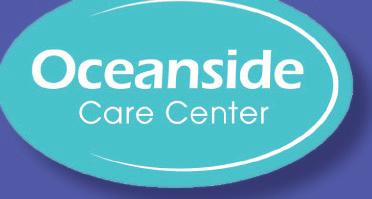

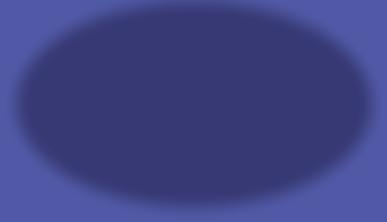


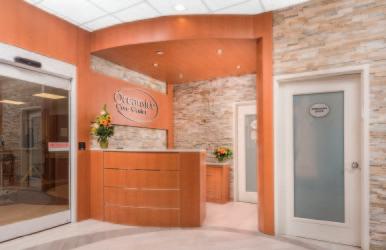
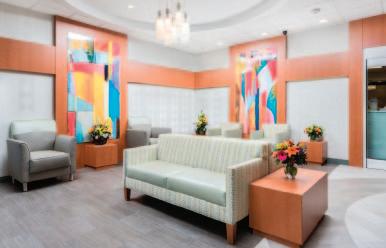







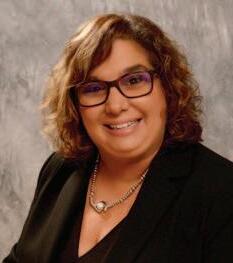

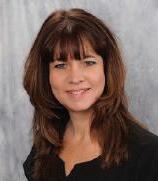

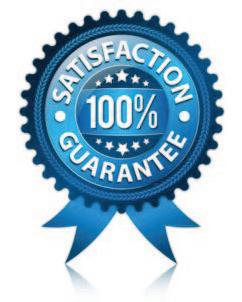

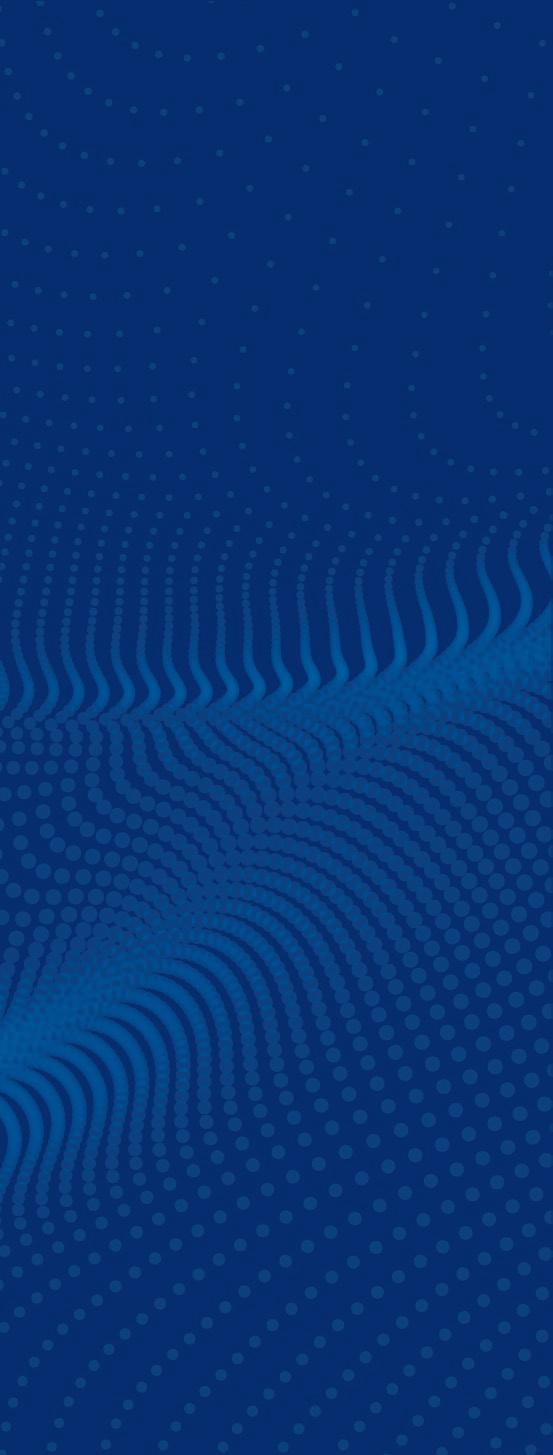
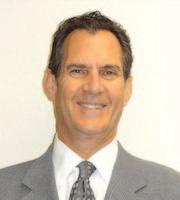



March 21, 2024 — YOUR HEALTHHERALD COMMUNITY NEWSPAPERS MEET OUR TEAM At I Love Hearing, we use a special process to ensure that our clients receive the ideal hearing loss solutions for their needs. 30 Merrick Avenue North, Suite 109, East Meadow, New York 11554 (516) 788-7830 ilovehearing.com Restore Your Hearing at I Love Hearing Dr. Amy Sapodin, Au.D., F-AAA, CCC-A Dr. Alison Hoffmann, Au.D., F-AAA, CCC-A Clinical Audiologist, 3 Hearing aid fitting 3 Hearing aid repair 3 Hearing testing 3 Hearing protection 3 Tinnitus therapy 3 Ear wax management 3 Auditory therapy & rehabilitation 1248086 MEET OUR TEAM At I Love Hearing, we use a special process to ensure that our clients receive the ideal hearing loss solutions for their needs. 30 Merrick Avenue North, Suite 109, East Meadow, New York 11554 (516) 788-7830 ilovehearing.com Restore Your Hearing at I Love Hearing Dr. Amy Sapodin, Au.D., F-AAA, CCC-A Dr. Alison Hoffmann, Au.D., F-AAA, CCC-A Clinical Audiologist, M.A., F.A.A.A 3 Hearing aid fitting 3 Hearing aid repair 3 Hearing testing 3 Hearing protection 3 Tinnitus therapy 3 Ear wax management 3 Auditory therapy & rehabilitation 30 Merrick Avenue, Suite 109 East Meadow, New York 11554 HERALD lichoiceawards.com 2023 2023-2024 FINALIST 2914 LINCOLN AVENUE, OCEANSIDE, NY 11572 PHONE: 516.536.2300 • WWW.OCEANSIDECC.COM tHE jOUrNEY tO WELLNESS S tArtS around the corner Compassionate Care that enri Ches Lives 1250942 short term rehabilitation and Long term Care HYPNOSIS CAN HELP! One-on-one Hypnosis for Adults and Teens Now offering Private, Customized Virtual Sessions Convenient & Safe (And YES, it works!) Weight Control · Smoking · Stress · Covid-related Concerns · Unwanted Habits · Fears · Phobias · Grieving & Loss · Confidence · Focus & Memory · Starting Over · Relationship Issues · Self-Esteem · Study Habits · Test Anxiety · Procrastination · Sleep Issues · Clutter · Sports Improvement ...and much more Terry Biener, CCH Certified Clinical Hypnotist in private practice since 1992 Easy Changes Hypnosis 516-791-6174 Email: HypnoShe@aol.com Website: www.easychanges.com Flexible Hours – By Appointment Only Call for a free phone consultation 1177974 1246721
MEMO
memos are supplied by advertisers and are not written by the Herald editorial staff.
Health
S-7
The Best on Nassau County’s South Shore.
Three Years in a Row.
March 21, 2024 — YOUR HEALTHHERALD COMMUNITY NEWSPAPERS
1248759 S-8
High Performing in Ten Areas of Care mountsinai.org/southnassau

















































































